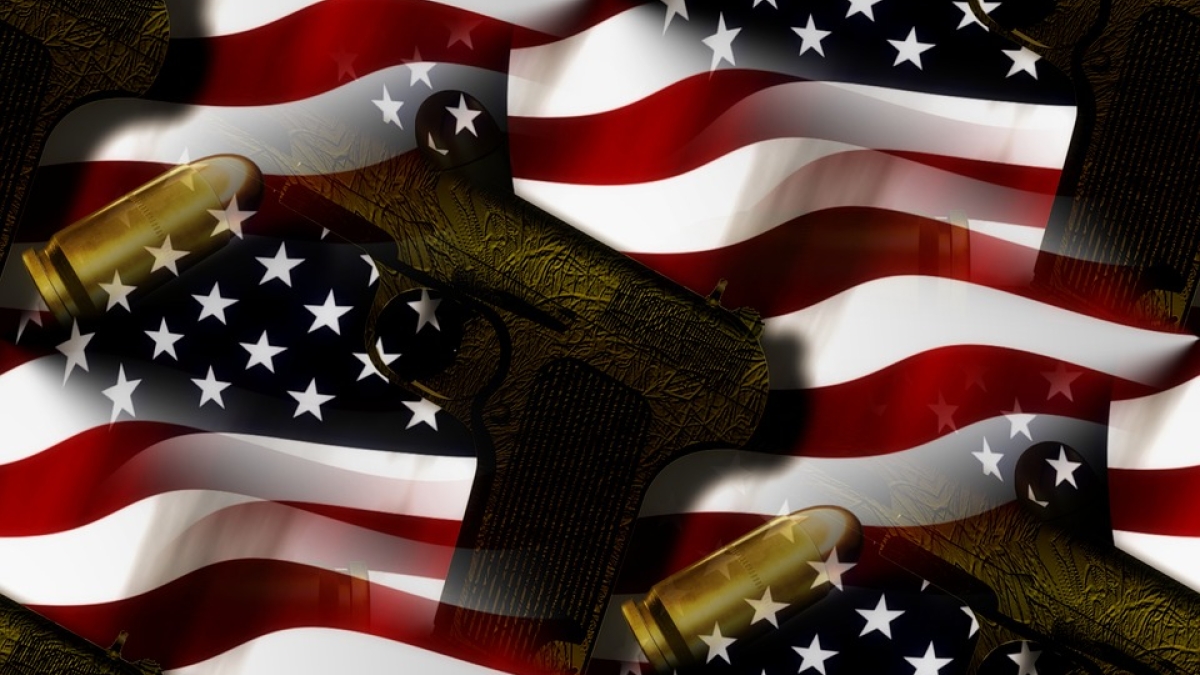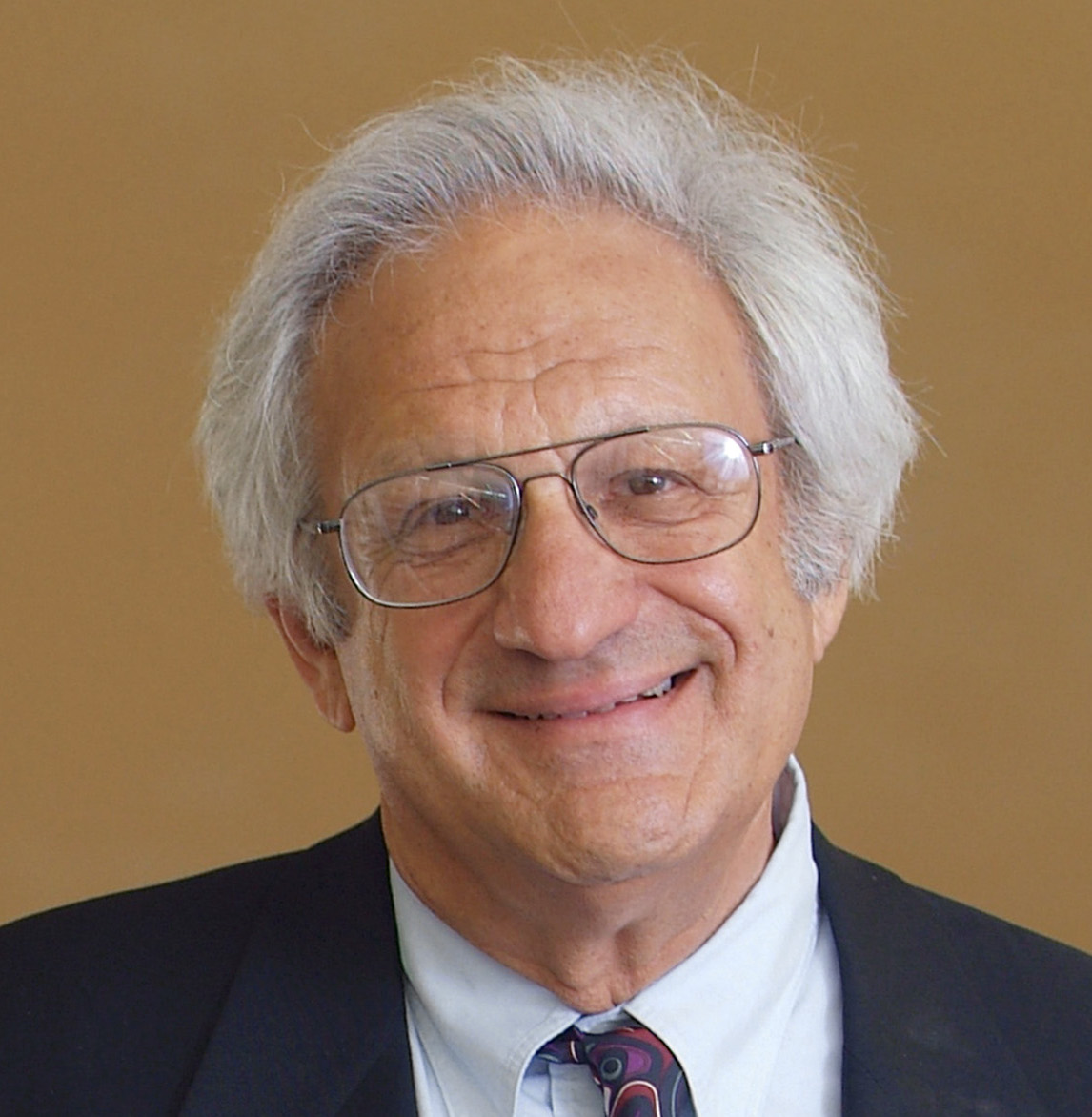Editor's note: This is part of a series investigating gun violence from many angles.
The right to keep and bear arms dates back to America's Revolutionary War, but millions of Americans are saying it's time for a change. Activists have been calling for radical gun reform after a rash of recent high-profile mass shootings and are charging that it has become a public safety issue. While their voices have gotten plenty of national media attention, they still might be fighting an uphill battle.
In 2008, in a case called District of Columbia v. Heller, the U.S. Supreme Court held, for the first time, that the Constitution’s Second Amendment recognizes an individual right to bear arms that is not tied to service in the military or a state militia. Those who oppose calls for new regulations on the sale or possession of guns often cite this Second Amendment right as a justification and/or reason for their opposition.
Does the Second Amendment really stand in the way of meaningful gun regulation in the United States? The answer has not been forthcoming from the Supreme Court, which hasn’t heard a Second Amendment case in almost a decade. ASU Now turned to Paul Bender, a professor of law, constitutional law expert and dean emeritus of the Sandra Day O'Connor College of Law, to find out what it would take to enact major gun reform.
Paul Bender
Question: The Supreme Court has refused to hear any Second Amendment cases since 2008 and 2010, much less comment on why. Do you believe there is a reluctance on their part to hear cases in light of the mass shootings in recent years?
Answer: It’s important to recognize that the Heller case, which is the case that held that the Second Amendment recognizes the individual right of people to possess guns, is a very narrow decision. It holds unconstitutional the District of Columbia’s total ban on the possession of handguns. The court based that decision on its conclusion that the right that the Second Amendment recognizes is a right to possess weapons in order to protect oneself in one's home. Since handguns are the weapon most commonly used for home self-defense, it followed that a total ban on handguns was a violation of the amendment.
The Heller opinion, however, makes clear that the Second Amendment right is, like most constitutional rights, not an absolute right, but a right subject to reasonable regulations necessary to protect the health and safety of the community. Thus, while the court held in Heller that a total ban on handguns is unconstitutional, it said that the Constitution nevertheless permits a broad range of reasonable regulations of guns. The court specifically listed examples of these permissible reasonable regulations, including bans on concealed carry of guns, bans on possession of guns in public places like parks and public buildings, bans on possession of guns by convicted felons, minors and people with mental problems, regulations of gun sales, and bans on weapons not typically possessed by law-abiding citizens for self-defense. Under Heller, the only gun regulations that raise significant constitutional problems are regulations that go significantly beyond the numerous categories of gun regulations that Heller recognizes as being constitutional under the Second Amendment.
I think that the main reason why the Supreme Court has not taken cases since Heller is that the court has not been presented with a case involving a gun regulation that goes beyond the kinds of regulations that Heller recognizes as being consistent with the Second Amendment. The gun cases that the Supreme Court has been asked to review are, so far as I know, cases involving regulations that are pretty clearly constitutional under Heller. There is no reason for the court to take such cases, unless it wants to overrule what it said in Heller about there being a broad range of constitutional gun regulations. It is very unlikely that most jurisdictions would enact such regulations today. For example, can you imagine either Congress or the Arizona Legislature enacting a restriction on guns that would, in fact, prevent people from possessing handguns or similar weapons at home for self-defense use?
The important thing to keep in mind is that Heller establishes a very narrow constitutional right to possess weapons for self-protection, not a broad right to own or possess guns for any purpose. Mass shootings therefore raise problems for legislatures, not the Supreme Court, to solve. Although it would be constitutional for a legislature to do so, the court can't itself impose an assault-weapons ban, or regulate gun sales at gun shows. Meaningful gun regulation today is primarily a political issue for Congress and the state legislatures, not a constitutional issue for the Supreme Court.
Q: Does the fact that the Supreme Court is slightly conservative play a role?
A: The court is much more than slightly conservative. It is probably the most conservative court we have had since the end of World War II. A more liberal court would not have decided Heller as the court did — Heller was a 5-to-4 decision. The right to bear arms would therefore have remained a right related to service in the military or in a militia. A more conservative court might, in the future, take cases in order to expand the limited right that Heller recognizes. The court has so far not been inclined to do that. An additional (President Donald) Trump appointment to the court might very well change that situation.
Q: What will it take to get the Supreme Court to hear a Second Amendment case?
A: It would take Congress, or a state or local legislature, deciding to enact a gun regulation that places significant obstacles in the way of possessing traditional self-defense weapons at home — or perhaps in some public places — or a desire, by a majority the court, significantly to broaden the right recognized in Heller.
Q: What do you feel are the major obstacles in gun control?
A: The major obstacle today is that legislatures today are unlikely to pass legislation significantly interfering with the narrow right that Heller establishes. Heller does not establish a broad right of Americans to bear arms. It establishes a right to possess weapons for self-defense that are broadly recognized in the community as appropriate self-defense weapons. And even that narrow right is subject to a broad range of reasonable regulations.
Top photo courtesy of Pixabay
More Law, journalism and politics

Opportunities and risks of AI in the court system
“Science and innovation have always been an important part of ASU Law,” said Stacy Leeds, dean of Arizona State University’s Sandra Day O’Connor College of Law. “So when Stanford University Law…

Law and addiction: How new science is impacting the justice system
For years, people who struggle with drug addiction have often been considered weak or in need of incarceration by the general public and legal community.But with recent scientific discoveries about…

Exhibit uses rare memorabilia to illustrate evolution of US presidential campaigns
After one of the most contentious elections in history, a new museum exhibit offers a historical perspective on the centuries-old American process.“We The People! Electing the American President” had…

